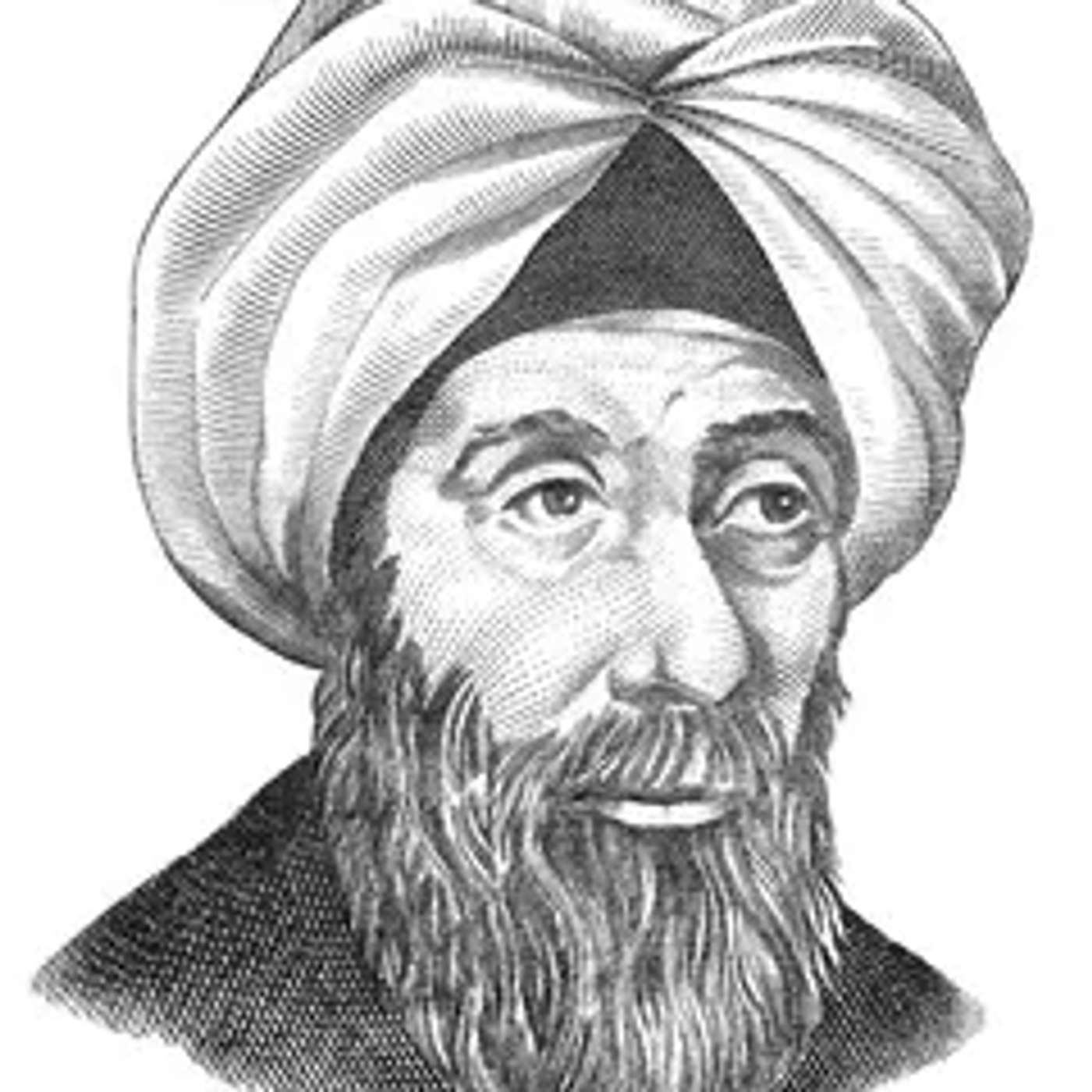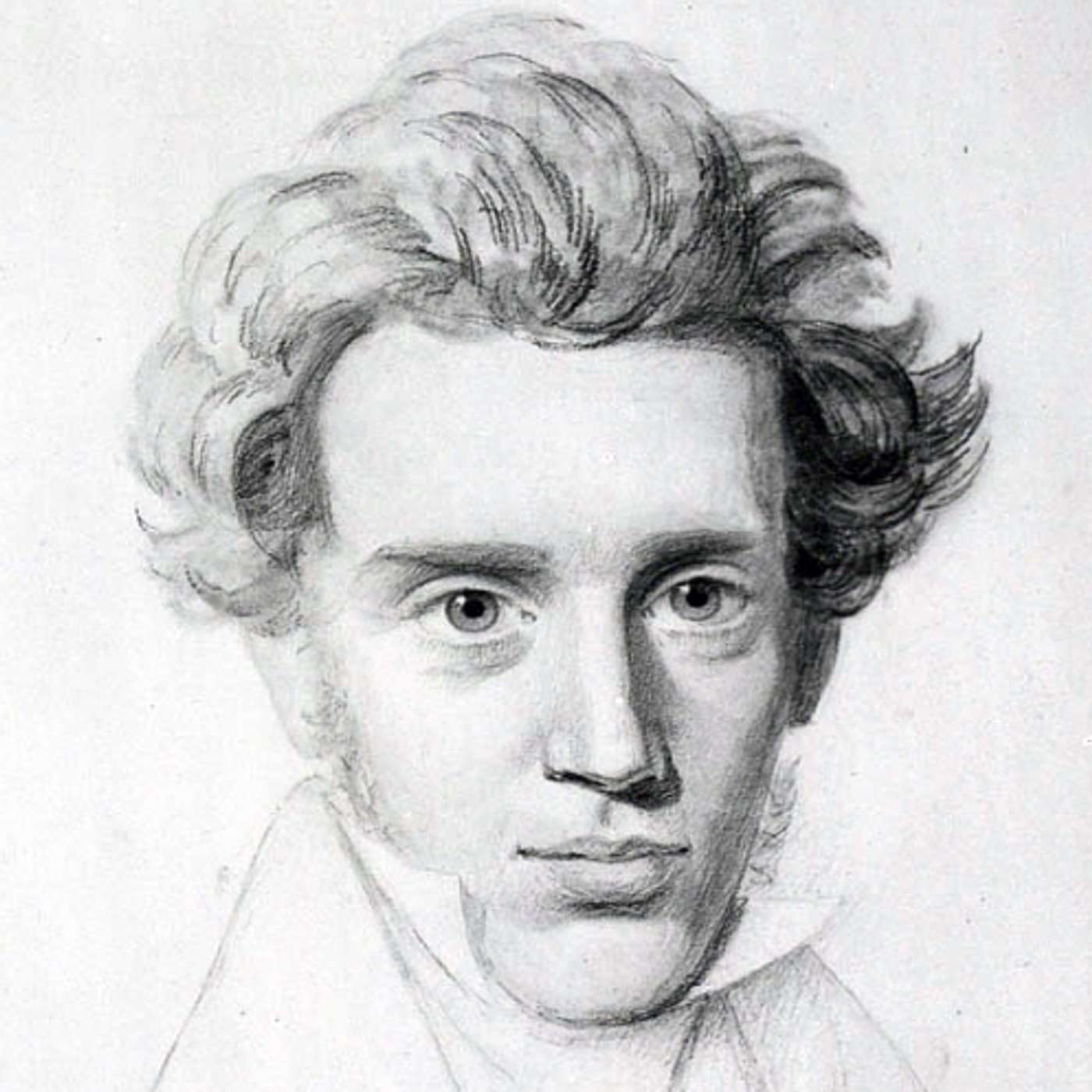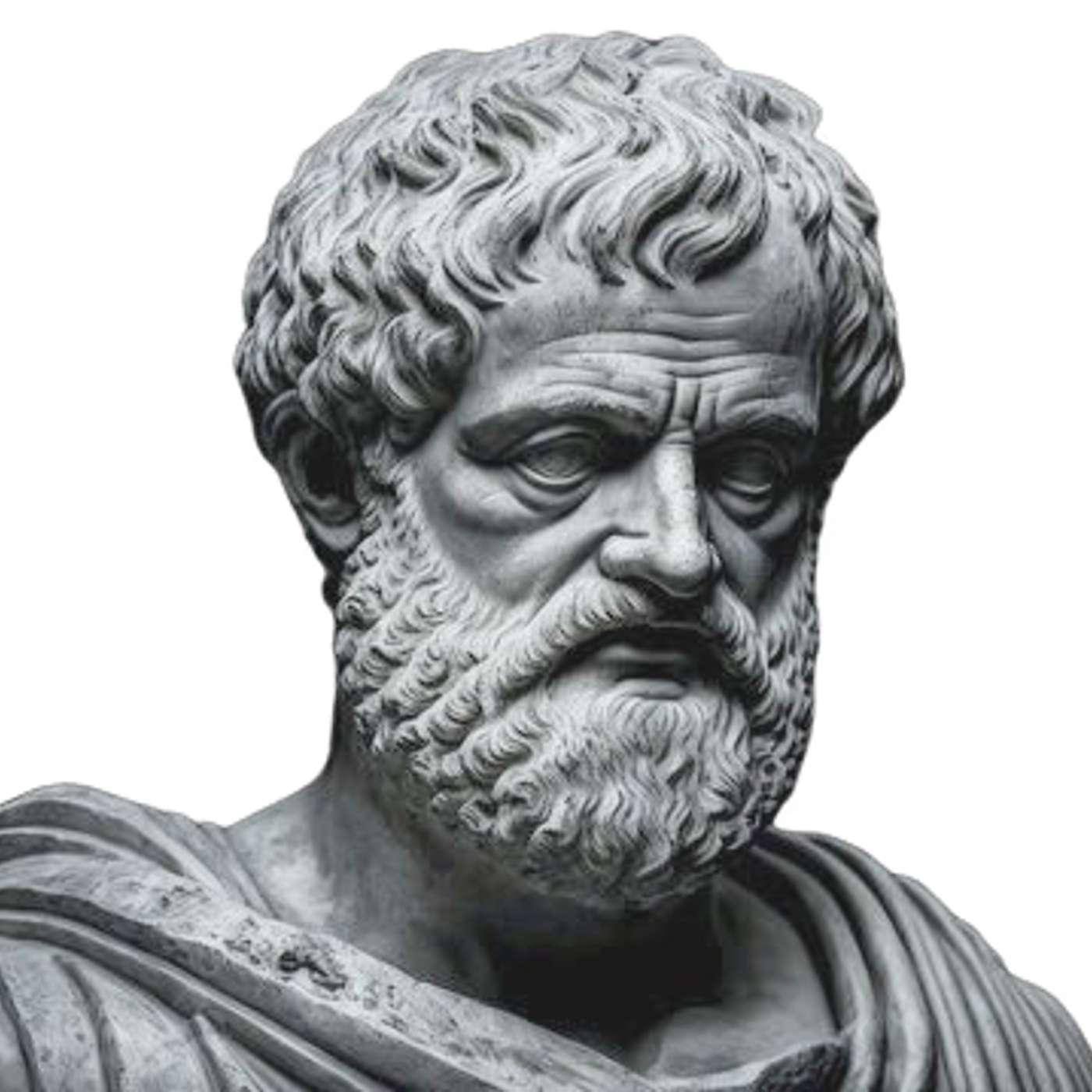Machines & Meaning
Subscribed: 0Played: 1
Subscribe
© 2024 Angel Evan
Description
Machines & Meaning examines artificial intelligence through the lens of different philosophers to understand how AI technology shapes human experience. Created for curious, thoughtful people who want to move beyond simplistic "AI is good" or "AI is bad" narratives, each episode takes a key concept from a philosopher and uses it to examine a specific aspect of AI technology and its impact on human life. While the show assumes listeners are familiar with current AI developments, it doesn't require technical knowledge. The series aims to help listeners develop a deeper understanding of how these technologies are changing how we think, behave, and relate to one another by bringing philosophical insights into conversation with modern AI developments.
12 Episodes
Reverse
Comments

















